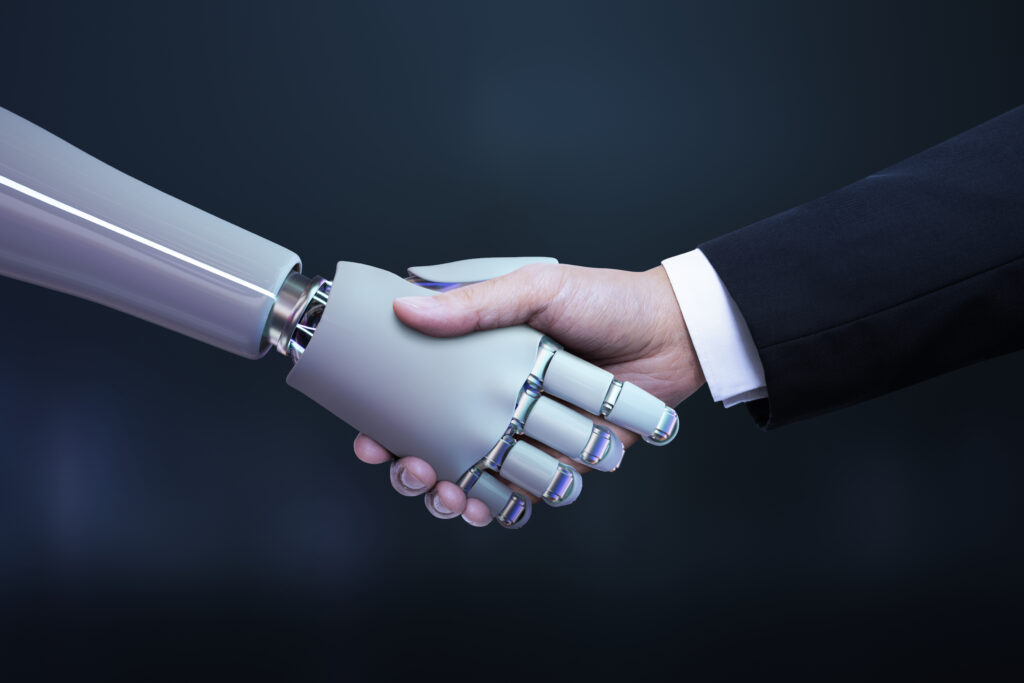AI agents promise $450B value but face trust and adoption hurdles
Capgemini research shows AI agents could drive $450B in economic value by 2028, but trust and infrastructure gaps hinder adoption.

New research reveals both the massive potential and significant barriers to AI agent adoption
$450 Billion Opportunity by 2028
According to Capgemini's latest research, AI agents could generate up to $450 billion in economic value within three years through increased revenue and cost savings. However, benefits will be unevenly distributed:
- Companies with scaled deployments could see $382 million gains
- Lower-scale adopters may only realize $76 million
Global Adoption Lagging
Despite the potential, adoption remains low worldwide:
- Only 2% of organizations have fully scaled AI agents
- In the UK, just 1% have achieved full deployment
- Nearly half of UK firms remain in pilot phase
Trust Declines as Implementation Grows
As companies move from testing to deployment, trust in AI agents has dropped significantly:
- Global trust fell from 43% to 27% year-over-year
- UK trust declined from 50% to 32% (still above global average)
Franck Greverie, Capgemini's CTO, emphasizes that "trust must be built into AI from the outset" through responsible development practices.
Key Barriers to Scaling
Several challenges hinder widespread adoption:
- Infrastructure gaps: 80% of organizations report immature AI infrastructure
- Data readiness: Fewer than 20% have high data preparedness
- AI literacy: Low across most sectors
- Privacy concerns: Create additional friction
Most Promising Applications
Customer service, IT, and sales are expected to see the biggest benefits from AI agent deployment.
93% of respondents agree scaling AI agents would provide competitive advantage within a year.
Learn more about AI and digital trends: Ask Diplo's chatbot
Related News
AWS extends Bedrock AgentCore Gateway to unify MCP servers for AI agents
AWS announces expanded Amazon Bedrock AgentCore Gateway support for MCP servers, enabling centralized management of AI agent tools across organizations.
CEOs Must Prioritize AI Investment Amid Rapid Change
Forward-thinking CEOs are focusing on AI investment, agile operations, and strategic growth to navigate disruption and lead competitively.
About the Author

David Chen
AI Startup Analyst
Senior analyst focusing on AI startup ecosystem with 11 years of venture capital and startup analysis experience. Former member of Sequoia Capital AI investment team, now independent analyst writing AI startup and investment analysis articles for Forbes, Harvard Business Review and other publications.